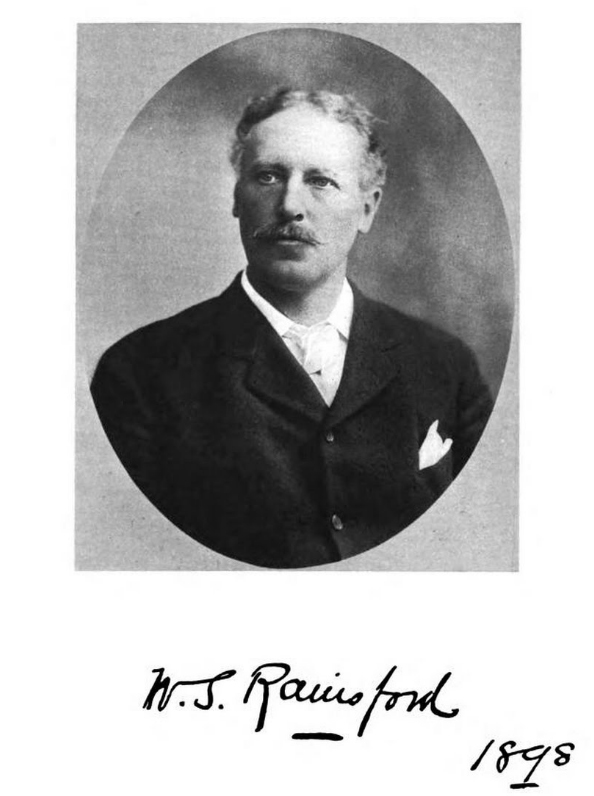SGCS at 200: The National Television Broadcast of Noye’s Fludde
/This is the final piece in a series of posts celebrating St. George's Choral Society's history during our bicentennial year.
CBS broadcast of Noye's Fludde, 1964.
At Christmas time in 1964, CBS broadcast St. George's production of Benjamin Britten’s Noye's Fludde to a national audience. The performance featured the Choral Society and members of St. George's Church, ages 4 through 90.
The program included an interview with St. George’s Church’s Rev. Dr. Edward O. Miller. He discussed the relevance of the performance and reasons the Church and its music program undertook such an enormous production:
"We decided that the time had come to have a parish church present something which would draw together the entire community. People of all ages. In this performance were people from preschool age through their 80s. Which would bring together people of all religions or of no religion. Which would give them something of high standard, which was first-rate musically. In which they could all throw themselves and join. This is why we chose this particular performance. And we called together 200 people in the cast. As you’ve seen, there were 100 animals and birds. We had a few unexpected difficulties. We had planned to have the animals and birds come in two by two. At the first performance however, we discovered that one of the weasels had come down with the measles.
The birds enter the ark. From CBS broadcast of Noye's Fludde, 1964.
"We had a second reason for doing this, and this was to give people a sense of the roots in the past in a day when many people are frightened that humanity may be blown off the face of the earth. Here is a story, a biblical story, written probably 1,000 years before the time of Christ, but based on legends long before that. The Babylonian myth of the flood, which is preserved for us in certain of the ancient epics. Here is a miracle play, and written by a great contemporary British composer. This is why we chose to perform this particular work, and this is why the people have been so enthusiastic that we are not only going to show it on television at this performance, but we are going to have other performances at St. George’s Church from May 13 to 16, 1965."
As our 200th year comes to a close, Rev. Miller’s words about the importance of bringing together a community ring as true now as they did more than 50 years ago. We thank you for being a part of our community today.
Happy New Year!















